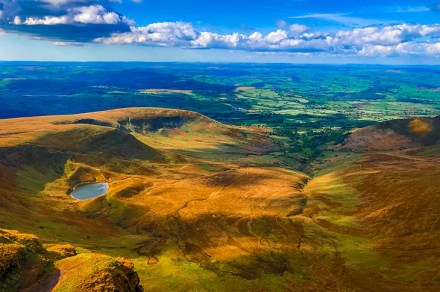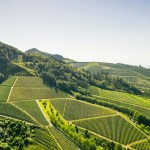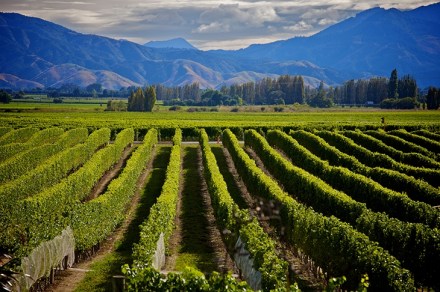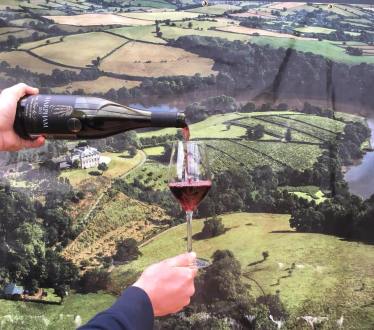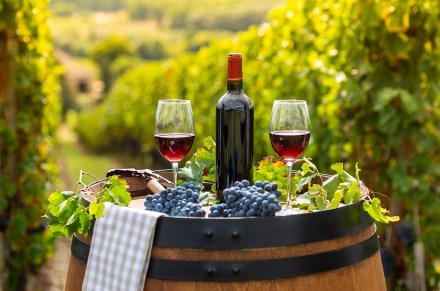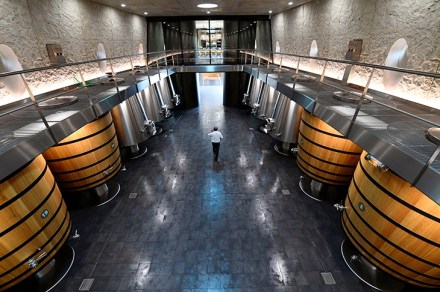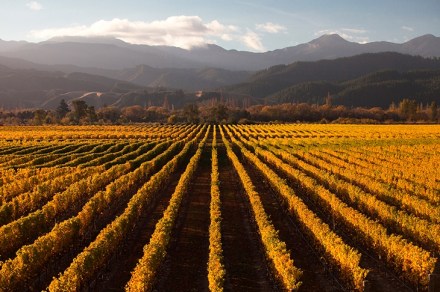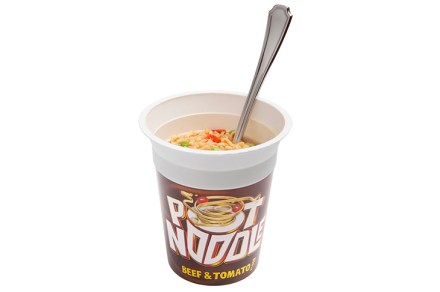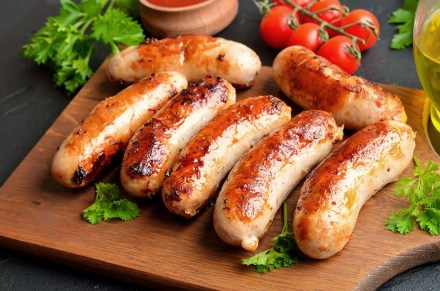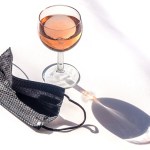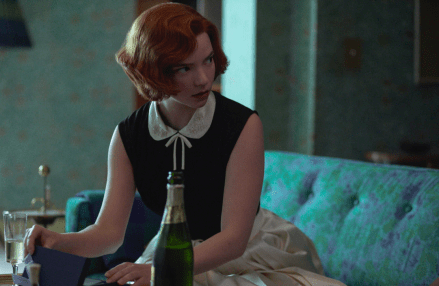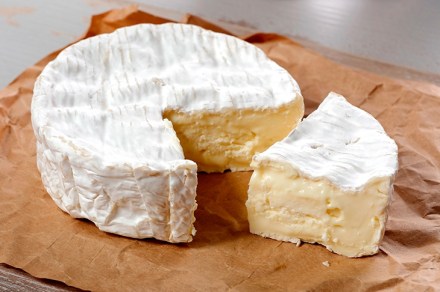The true cost of my week in Wales
Rather miraculously, my daughter managed to leave the country last week to go on holiday with a group of friends. To celebrate finishing their A-levels, they had bought tickets to a music festival in Croatia, but it was cancelled at the last minute due to a surge in Covid cases. Having been denied every other rite of passage in the past year, they decided to press ahead with the trip anyway, which left me having to sort out the PCR testing logistics. In order to be allowed into Croatia, she had to produce evidence of a negative test, then, once there, she had to test negative again in order to
